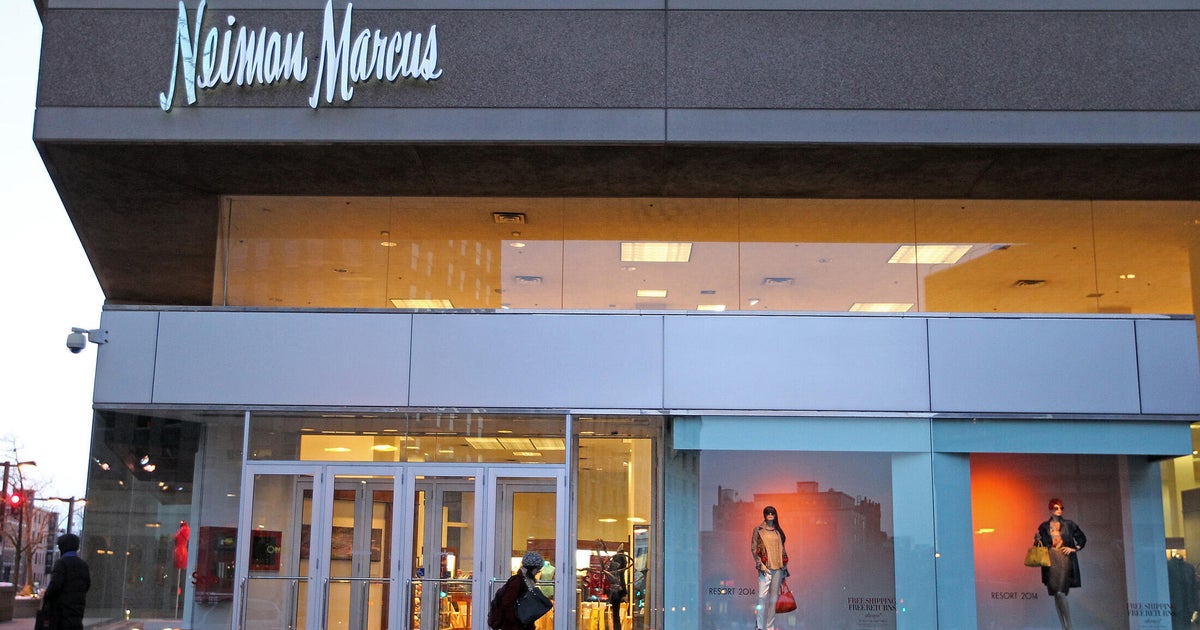Keller @ Large: Is Beacon Hill to blame for Massachusetts' retail theft problem?
BOSTON - "It's been getting out of controI and I feel awful for the people working in retail because you really can't do anything about it," said one onlooker after learning of a recent heist at North Attleboro's Emerald Square Mall.
That theft was just the latest episode in what's become a $2 billion retail theft problem in Massachusetts that's got retailers locking up merchandise that was never locked up before and complaining bitterly about state laws that they say are failing to deter theft.
"You have an incentive really for thieves, you know? This is their job," says Jon Hurst, president of the Retailers Association of Massachusetts, who points a finger at Beacon Hill. "Massachusetts made a very big error about six years ago raising the felony threshold for theft from $250 way up to $1,200."
That move - part of a sweeping 2018 criminal justice reform bill - means thieves can steal more here before tough felony penalties kick in than in 32 other states, including Maine, New Hampshire and Vermont. We're also more lenient than the national average.
That extra leeway for theft was signed into law by Governor Charlie Baker. But another Republican is trying to walk that move back a bit.
"The felony threshold going from $250 to $1,200 extended it too far," says State Rep. David Muradian (R-Grafton). He's filed a bill that says multiple offenses within a six month period can be counted together toward the felony threshold.
"It's not meant to punish the individual who has a lapse of judgment and does a one-off; certainly, we want to try to rehabilitate and work with them," he says. "But for the individuals who are the repeat offenders, we certainly do want to hold them accountable."
Muradian's bill has been stalled on Beacon Hill for several years now. He chalks it up to the usual slow pace of legislative progress, although the clout of the defense bar up there (many legislators are defense lawyers) may also be a factor.
Whatever the cause, the fact is the problem seems unlikely to go away on its own, rekindling the seemingly perpetual debate over whether punishment can be an effective deterrent to crime.








